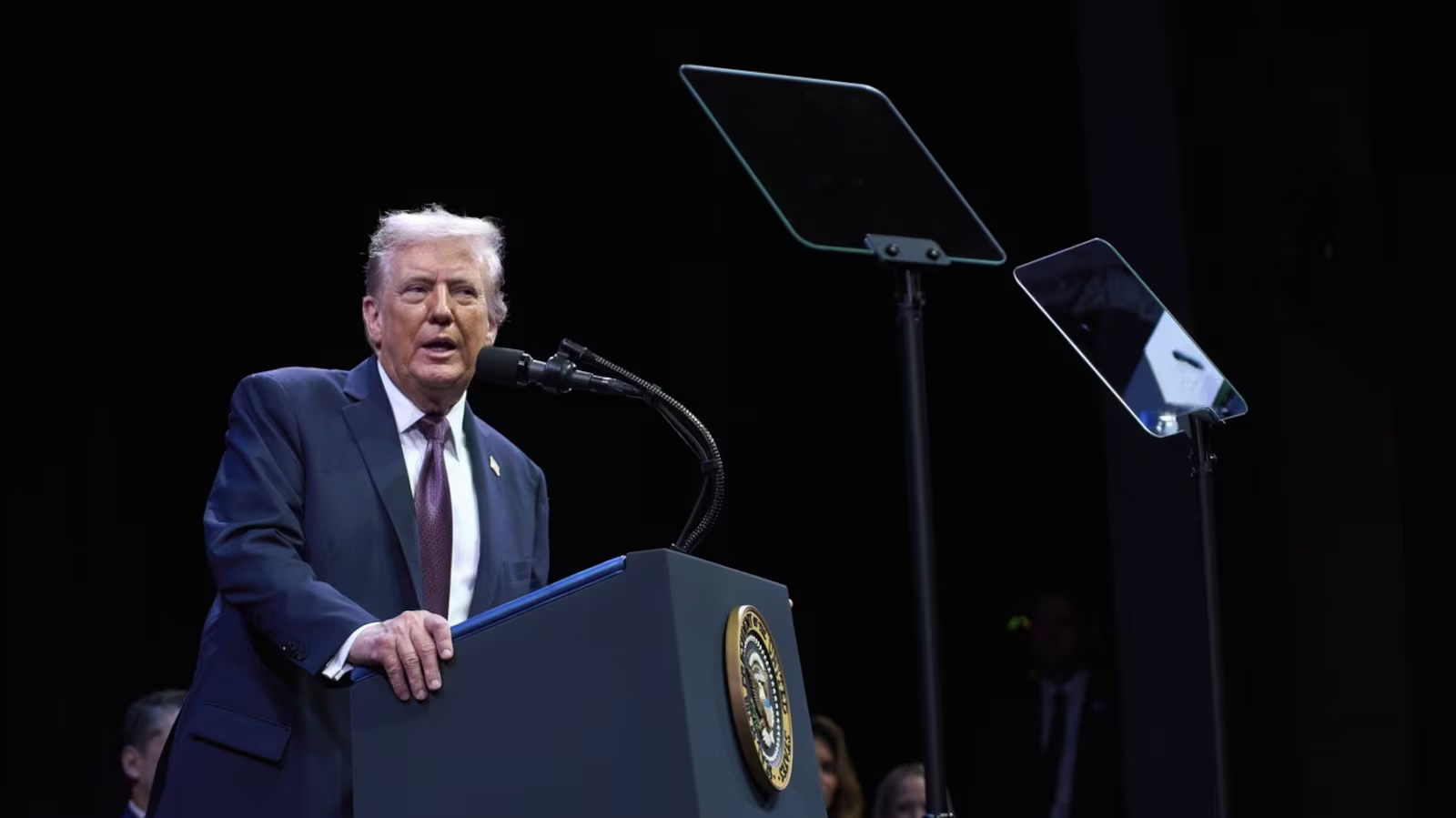For thousands of would-be international students, the dream of studying in the United States has been shattered this fall as President Donald Trump’s sweeping travel ban blocks visas for citizens from 19 countries, leaving them stranded after years of preparation.
One of them is 21-year-old Bahara Saghari, who had fought to escape Taliban restrictions on women’s education in Afghanistan and won admission to Knox College in Illinois to study business administration. She had been practicing English for years — up to eight hours a day — only to see her plans collapse when the new ban was announced. “You think that finally you are going to your dream, and then something came up and like, everything’s just gone,” she said.
The U.S. State Department issued more than 5,700 F-1 and J-1 student and researcher visas to people from travel ban-affected countries last year, with more than half going to Iranians and Burmese students. Now, those visas are virtually frozen as the Trump administration imposes extra vetting and blocks most new applications until what Trump calls “deficient” screening processes in those countries are fixed.
Students like Pouya Karami, a 17-year-old aspiring polymer chemist from Shiraz, Iran, have deferred their admission offers — he had been set to start at Pittsburg State University in Kansas — but remain in limbo, unsure if next year will be any different.
Others have run out of options entirely. In Myanmar, where many youths have been drafted or joined armed resistance since the 2021 military coup, 18-year-old “Gu Gu” had been counting on a scholarship to study at the University of South Florida. Instead, his dreams ended abruptly after the travel ban announcement, forcing him to watch friends risk their lives while he remains stuck at home.
With the U.S. door closed, some students are now applying to universities in Europe, though the process is often costly and bureaucratic. Saghari, for instance, has been conditionally accepted to a university in Poland but must pay her tuition in full up front.
For researchers like Amir, a 28-year-old Iranian graduate offered a visiting scholar position at the University of Pennsylvania, the emotional toll is just as heavy. He continues to work in Tehran while his appointment is postponed. “You lose this idealistic view of the world,” he said. “You think if you work hard, if you contribute, there’s a place for you — and then you learn maybe people don’t want you there.”
While the Trump administration frames the ban as a national security measure, critics argue it is cutting off access to top talent and sending a message that international students are not welcome — a move that could have long-term effects on American universities, research innovation, and the country’s reputation as a global destination for higher education.

